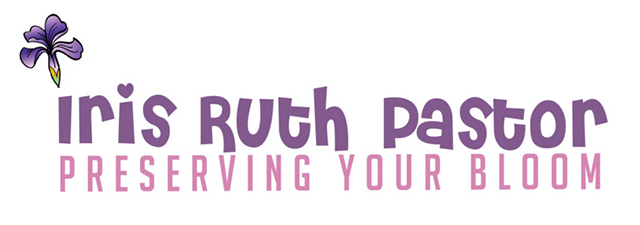Estrangement – what an ugly harsh sounding word – jarring to the ears in fact.
The dictionary definition of estrangement is to turn away in feeling or affection, make unfriendly or hostile, alienate the affections of.
Some synonyms – break-up, rupture, schism.
Estrangements are shrouded in secrecy and shame.
Estrangement is a stigma.
It’s no wonder. As author Christopher Lasch says, we think of family as “a haven in a heartless world.” Families are idealized as being unwaveringly loyalty. Endlessly supportive. Sporting unbreakable bonds.
Those who have experienced estrangement as the one who cut off the relationship or as the one who had the relationship cut off by someone else – all share one thing in common: a sense of being alone.
Statistics, however, do not bear out this assumption.
According to Karl Pillemer, PhD, in his newly released book Fault Lines – Fractured Families and How to Mend Them, over one quarter of Americans surveyed reported currently being estranged from a relative – translating into 67 million people.

What leads a person to break-off a key connection?
Done trying
Done working to make the relationship better
Done accommodating demands
Done overlooking intolerable behavior
Done apologizing for a lifestyle to someone who does not approve,
Done with disrespect for a spouse or partner
Often one key event usually triggers the estrangement.
Pillemer notes that there has been a dramatic increase in the human life span. Therefore, the amount of time children spend as adult offspring can likely be 30 to 50 years. Thus, our family relationships affect us for many decades – whether positive, negative or both. Past conflicts, violated and/or unmet expectations, the lasting effects of divorce, in-law issues, money and inheritance, unmet expectations and value and lifestyle differences are all fertile areas of estrangement cultivation.
What is the effect on the estranged parties?
Deep sadness
A rudderless feeling of loss
Chronic stress
Separation anxiety
Pain from rejection
Uncertainty due to the physical absence, but psychological presence
Disruption of social capital resources – sources of financial and practical support that family members can tap into
Unfortunately, estrangement does not just stop with the family members intimately involved. The entire family/kinship network often feels the ripple effect. The collateral damage Is real and deep.
Estrangement:
Starts a tradition of exclusion and isolation
Stresses those who often have to choose one family member over the other
Damages generations to come
Many estrangements spring from the explosive power of a single event, but in fact may have been building up for years or decades as a long history of pain and disappointments. Whether it’s a pivotal incident or an accumulation of hurts, people in estranged situations often echo many of the same thoughts:
It never stops hurting
It’s taken 10-20 years off my life
The estrangement is an open wound
There is a sadness in me that just won’t go away
I lost faith and trust in myself
It’s like a death, but with no funeral or closure
Next week, I’ll be exploring the path forward. AND THERE IS A PATH FORWARD AND AN END TO THE PAIN. In the meantime,
Keep Preserving Your Bloom,
Iris Ruth Pastor
